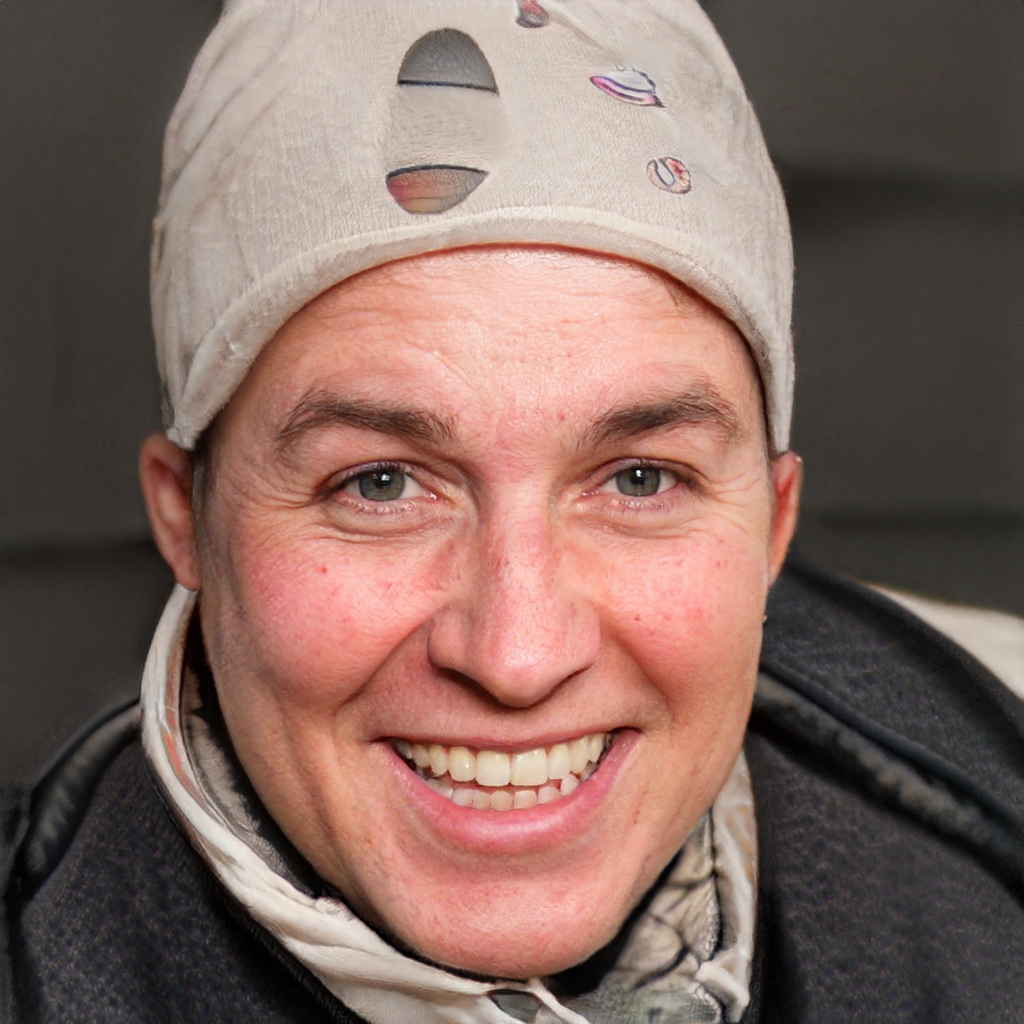The start-up that wants to change everything we know about reproduction: the children of the future will come from the laboratories of Silicon Valley
Silicon Valley seems to have found its core business: in the wake of the enormous sums of money raised by millionaires from all over the world, the attention of the dozens of start-ups that populate the San Francisco Bay Area seems to be increasingly focused on the prospects of creating human life in the laboratory.
Including the start-up Conception, founded by Matt Krisilov, aims to change the conception of reproduction forever.
Conception, the future of procreation
Matt Krisilov appeared in Silicon Valley labs when he was just 26 years old, and knew nothing about biology - although he boasted of being among the founders of AirBnb, for one thing. Today, the start-up founded by Krisilov is set to spark discussion. His idea is to create human embryos from the cells of one or more donors.
"When will people of the same sex be able to have children?" is the question that drove the birth of the ambitious industrial project, which also intends to target women who can't have children, or who are too old to conceive.
Krisilov's company is currently the world's largest company engaged in what is known as in vitro gametogenesis, the technology that allows fertilization and reproduction mechanisms to be reproduced in the laboratory.
Conception, which has raised more than $20 million from the usual millionaire investors who forage for Silicon Valley companies, began by creating artificial eggs for infertile women, and now literally aims to create human life in the lab.
According to Krisilov, artificial eggs "could become one of the most important technologies of all time." And that's not an exaggeration, they write in MIT Technology Review: it's really about changing everything we know about human reproduction forever.
A "human factory"
Conception's idea stems from a Nobel Prize-winning discovery, so-called cellular reprogramming - the same technology behind experiments in nearby labs that focus on tissue rejuvenation.
Through cell reprogramming, it is possible to induce any cell in the body to return to the status of a "pluripotent" cell, i.e., capable of transforming itself into any type of cellular tissue, even that of an egg.
Krisilov's project aims to achieve, in the Conception founder's own words, "genetic selection and modification of embryos on a large scale." This would mean, and Krisilov doesn't rule it out at all, being able to create hundreds of eggs for each donor, test them and choose the best one.
This way it will be possible for men to bear children as well, and women will be able to procreate even after the age of 50 or 60, Krisilov argues. It will also be possible, on the other hand, for laboratory-created offspring to be generated from a single person or a large group of people.
A dream of science fiction bound to clash with the most fundamental ethical issues, but achievable. "The question is not if, but when we will succeed," Krisilov argues.
